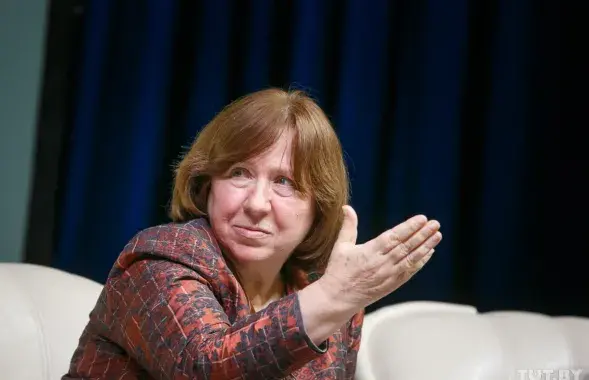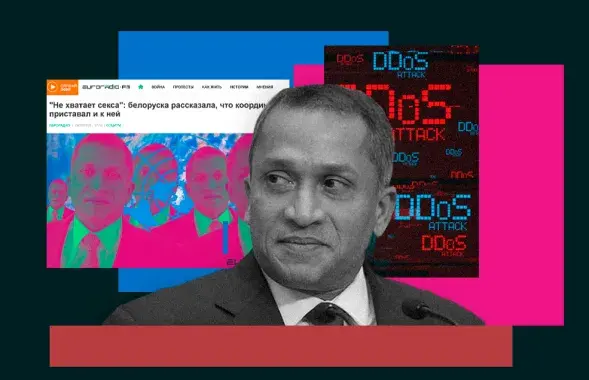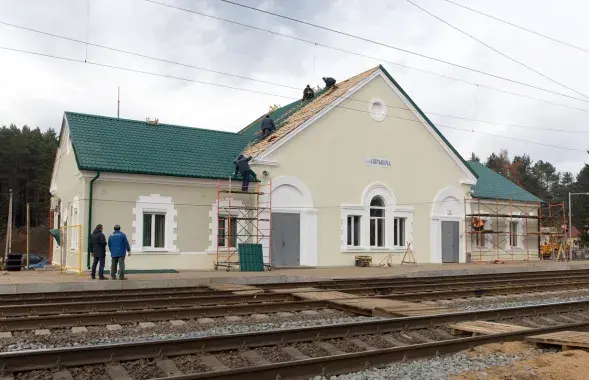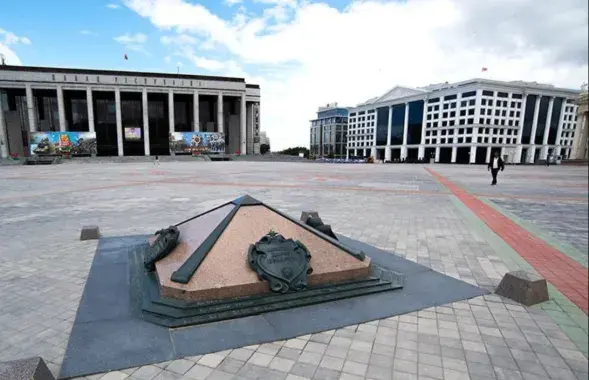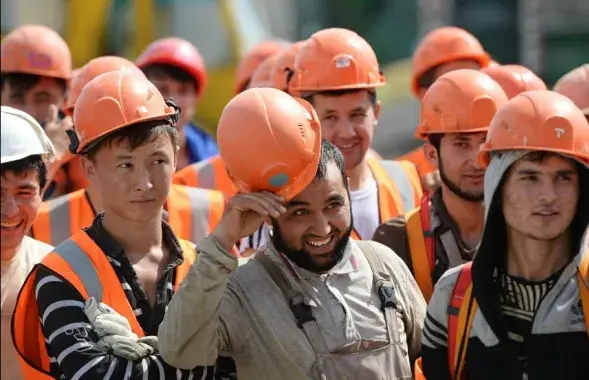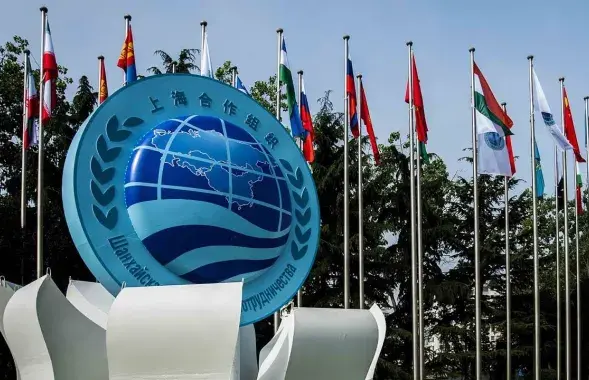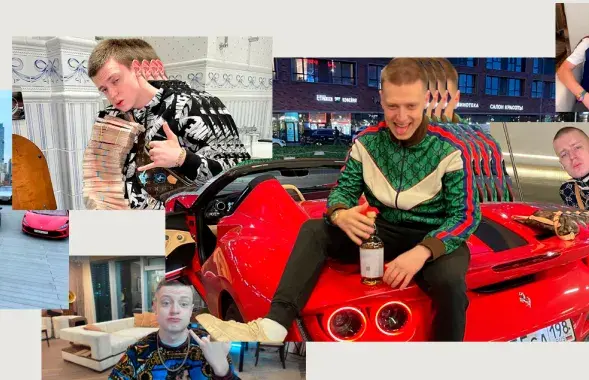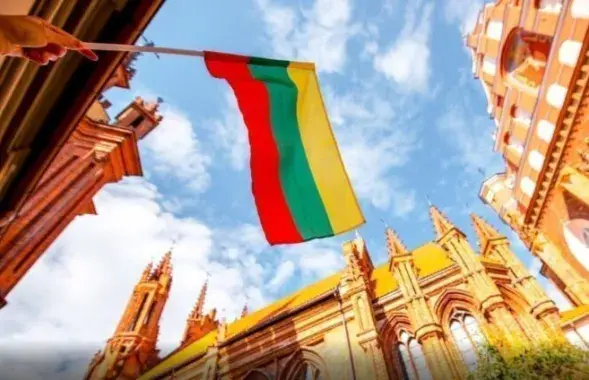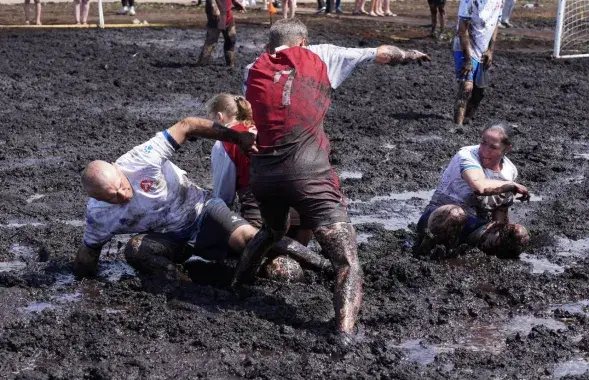Jacek Protasiewicz: European Union does not understand relations inside Bel
The Chairman of the European Parliament Delegation for Relations with Belarus has told Euroradio why the EU have little knowledge about this year's presidential
EU Council of Ministers has prolonged and at the same time suspended
the sanctions with regard to a series of Belarusian officials. How do
you estimate this decision?
The European Union uses all the
available means to demonstarte the changes in Belarus are not
sufficient. In the first place, it concerns the right for freedom of
gatherings and associations, and standards for conducting elections.
A series of experts and opposition politicians have considered the visit of Dalia Grybauskaitė to Belarus as demonstration of her support of Lukashenka. The same concerns the visit of the Polish Foreign Minister Radosław Sikorski...
I
don't think official visits are organized with an aim to support
someone, including Lukashenka. Visits to Belarus are part of the EU
policy of getting closer to Belarus, which substituted the isolation
policy in 2008. At the meetings, Western politicians suggest Belarusian
officials an alternative to self-isolation and non-democratic
development. However, it is for Belarus to decide on its further
development - for the authorities, and the citizens.
What is the situation with the Parliamentary Assembly Euronest now?
At
present the situation is dead-lock and there's no way out. The position
of the political group which I represent - the one of the European
People's Party [the biggest political group in the European Parliament - ERB]
– is clear. We think participation of the Belarusian Parliament in the
Euronest is unacceptable, as it is not considered democratically elected
by the international community.
At the same time discussion
with our partners - representatives of Parliaments of other Eastern
Partnership countries - continues. Some of them try to convince us to
change our position. However, there's no chance for that. Thus, most
likely, we will start without those who do not share EP's opinion, or
the start of Euronest will be postponed again.
Do you mean that, for example, Belarusian and Georgian Parliaments will be excluded from the Euronest?
We
are not speaking about excluding of a certain Parliament or its
deputies. Some delegations may just fail to appear at the first Euronest
session. It should be a decision of each separate Parliament - to come
or not to come. However, I would like to repeat, there's no final
decision on that yet, we consider different variants, including creation
of a special working group.
What is EP's attitude to Aliaksandr Milinkevich's decision not to participate in the presidential electoral campaign?
He
has informed us in the letter about the reasons for his decision. The
key one is, to his opinion, a very small chance for fair and free
elections in the country. I can understand that - if there are no
possibilities for fair and open electoral process, then it's not real
political struggle but some kind of a game. Other representatives of the
opposition have chosen another approach. It will be clear closer to the
elections which strategy is wiser.
Who of the presidential contenders, Lukashenka's opponents, is best known in the European Parliament and in the EU on the whole?
Previously,
two names were recognized in the EP - Aliaksandr Milinkevich and
Aliaksandr Kazulin. The first one is the former sole contender of the
united opposition and the winner of EP Sakharov Prize. The second one is
known by his brave position and long-term imprisonment, he was also
nominated for Sakharov Prize in 2008.
The majority of current
contenders, if not to say all of them, are sort of unknown. The
elections results will reveal whether any of them is able to obtain the
citizens' support and become more recognisible in the EU and EP.
Some
of the contenders are known within certain political groups. For
example, Jaraslau Ramanchuk is known among the Conservatives, he has
recently visited the EP upon their invitation.
How much attention does the European Parliament pay to Belarus now?
It should be understood that the EP is an authority acting globally. And the highly positive and lucky political situation which happened 5 years ago will not last long. We are speaking about the EP's attention to Belarus in 2005, mostly thanks to Polish EP deputies, but not only.
Belarusian citizens and opposition leaders should realise that it is very difficult to draw EU's attention to Belarus on constant basis. So if they have a certain trust they should not lose it through internal dissonance, through fights with each other. Such relations within the opposition are not understood neither by the European Parliament, nor by the EU on the whole.
The most important thing is to be united and to have a very precise strategy, not to be split. It is a normal practice when different political forces argue on different issues in democratic countries, but not in Belarus.
In 1980-s in Poland during "Solidarity" times, political groups with different ideologies were united around just one motto, one brand, one leader most known abroad. Thanks to that it was much easier for them to get international support.
